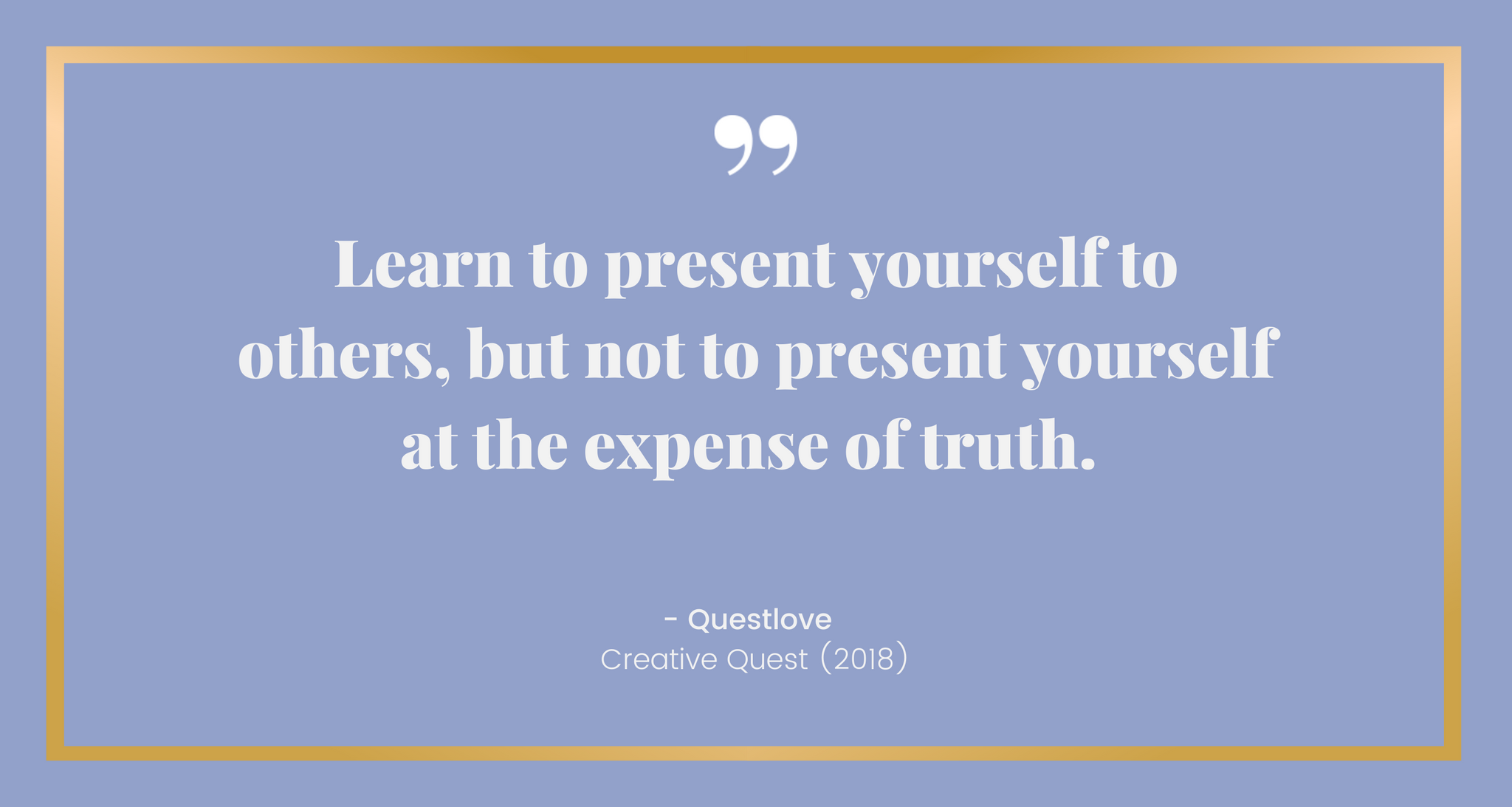be candid
Think about the last time you told someone on your team or at one of your agencies what you thought of their work. Now imagine that person had the power to read your mind. Would the story be the same?
If your answer is….😬, you are not alone.
The creative minds that populate marketing teams require high levels of psychological safety to perform at their peak. While we often avoid candor to keep our teams and partners energized, endless cycles of sugarcoating have exactly the opposite effect.
When David Ogilvy advised that a good client “coddles the goose who lays golden eggs” in Confessions of an Advertising Man, he wasn't suggesting we do this by withholding information (a common misinterpretation!). He goes on to stress that “being candid and encouraging candor” is the only way to avoid “disastrous consequences”.
The consequences of avoiding candor are just as disastrous for internal teams. We've all experienced the toxicity of what I'll refer to as “the whisper loop”. When genuine points of view aren't shared face to face, the productivity lost to time spent in high-anxiety side conversations and late night cold sweat “what do they really think” panic attacks can quickly slow a team of otherwise high-performers down to a highly inefficient crawl.
“As a leader, no one in your group
should be materially surprised of your views.”
If leaders “find and develop the potential in people and processes,“ (Brene Brown, Dare To Lead"), then "as a leader, no one in your group should be materially surprised of your views" (Patty McCord & Reed Hastings, Netflix Culture: Freedom & Responsibility).
Courage is contagious and its rewards are worth it. See below for a few simple techniques to easily integrate more candor into your leadership approach. If you'd like to discuss getting more support, feel free to book a call and we'll send you a sample script with talking points you can use in real-time!
stop. start. continue.
Stop dropping F-bombs. Swap the word “feedback” with something more neutral like “reaction", or “perspective” to instantly neutralize the fear and tension surrounding candid conversions.
Start a reward system. In your next team meeting, spark a shift toward a culture that rewards candor by inviting “perspectives” on your own leadership approach. Then, enthusiastically share findings, insights and corresponding actions in a note to senior leadership with your team copied.
Keep caring. Being effectively candid requires being deeply careful that a corrective conversation is also inspiring. Clearly frame the purpose of addressing your “reaction” and paint a vivid picture of an attractive outcome. Motivate with an anecdote of a time you successfully integrated similar coaching. Particularly for creatives, a “compliment sandwich”, or including genuine, positive, commentary before and after a critical note, tends to reinforce positive vibes!
you don’t have to go it alone!
here’s how be/co can help



